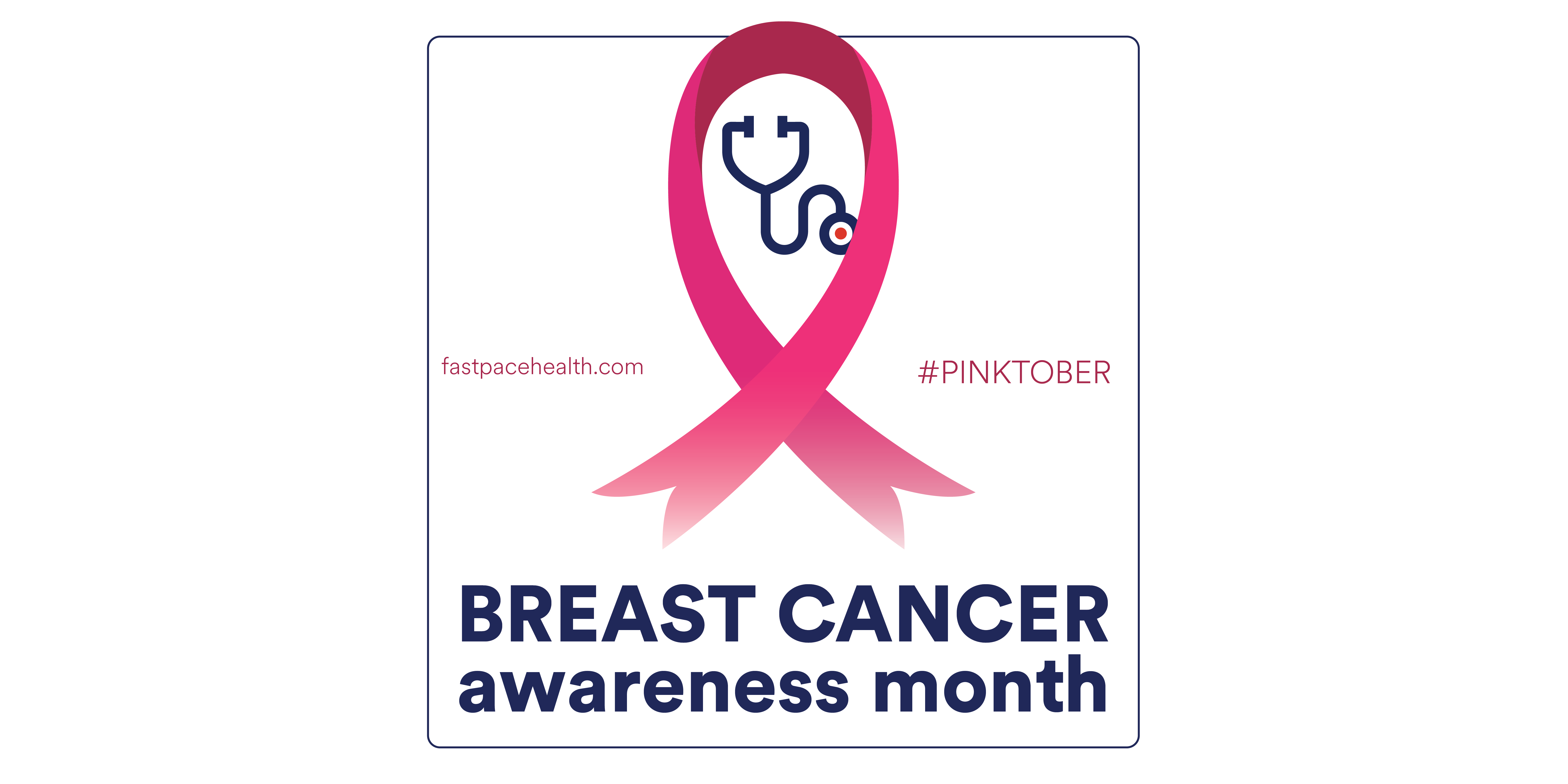
Teen Mental Health: Proactive Strategies for Parents to Help Teens Thrive During Summer Break
As the school year concludes, many parents find themselves questioning how they can best support their teens’ mental health during the extended summer break. This is an especially crucial question in our current context, given the dramatic rise in teen mental health issues observed globally over the past few years. In this article, we offer evidence-based strategies for parents to help foster healthy emotional growth and resilience in their teenagers during the summer break.
Understanding Teen Mental Health
Firstly, it’s important to understand that adolescence is a time of profound change—physically, emotionally, and socially. Mental health issues, such as anxiety and depression, can often emerge during this critical period. Summer break, with its lack of structured routines and social isolation for some, can exacerbate these issues. It’s crucial that parents remain attuned to changes in their teen’s mood, behavior, or social interactions that could indicate a mental health concern.
Communication is Key
Engaging in regular, open conversations about mental health with your teen is vital. Create a safe, non-judgmental space where they feel comfortable discussing their feelings, worries, and experiences. Make sure to listen more than you speak, ensuring your teen feels heard and valued.
Promote Healthy Habits
Encourage physical activity, balanced nutrition, and adequate sleep—all of which can significantly impact mental health. Summer provides a perfect opportunity to explore new outdoor activities or cook healthy recipes together.
Facilitate Social Interaction
While school is out, teens may lose touch with their regular social networks. Facilitate opportunities for your teen to stay connected with friends or engage in community activities. This could be through team sports, local volunteer work, or online gaming communities with proper supervision.
Encourage Mindfulness and Relaxation
Teach your teens about the benefits of mindfulness and relaxation exercises, such as yoga or meditation. These practices can help them manage stress and improve overall emotional wellbeing.
Seek Professional Help if Needed
Lastly, if your teen is exhibiting signs of severe distress or mental health issues, don’t hesitate to reach out to a healthcare professional. It’s important to get a proper diagnosis and treatment plan if needed.
In conclusion, parents play a crucial role in their teen’s mental health, especially during the summer months. With understanding, communication, and proactive strategies, you can help your teen navigate these challenging years while fostering resilience and emotional growth.
To learn more about Fast Pace Health’s Behavioral Health services, click the link: https://fastpacehealth.com/service/behavioral-health/
Related Resources


